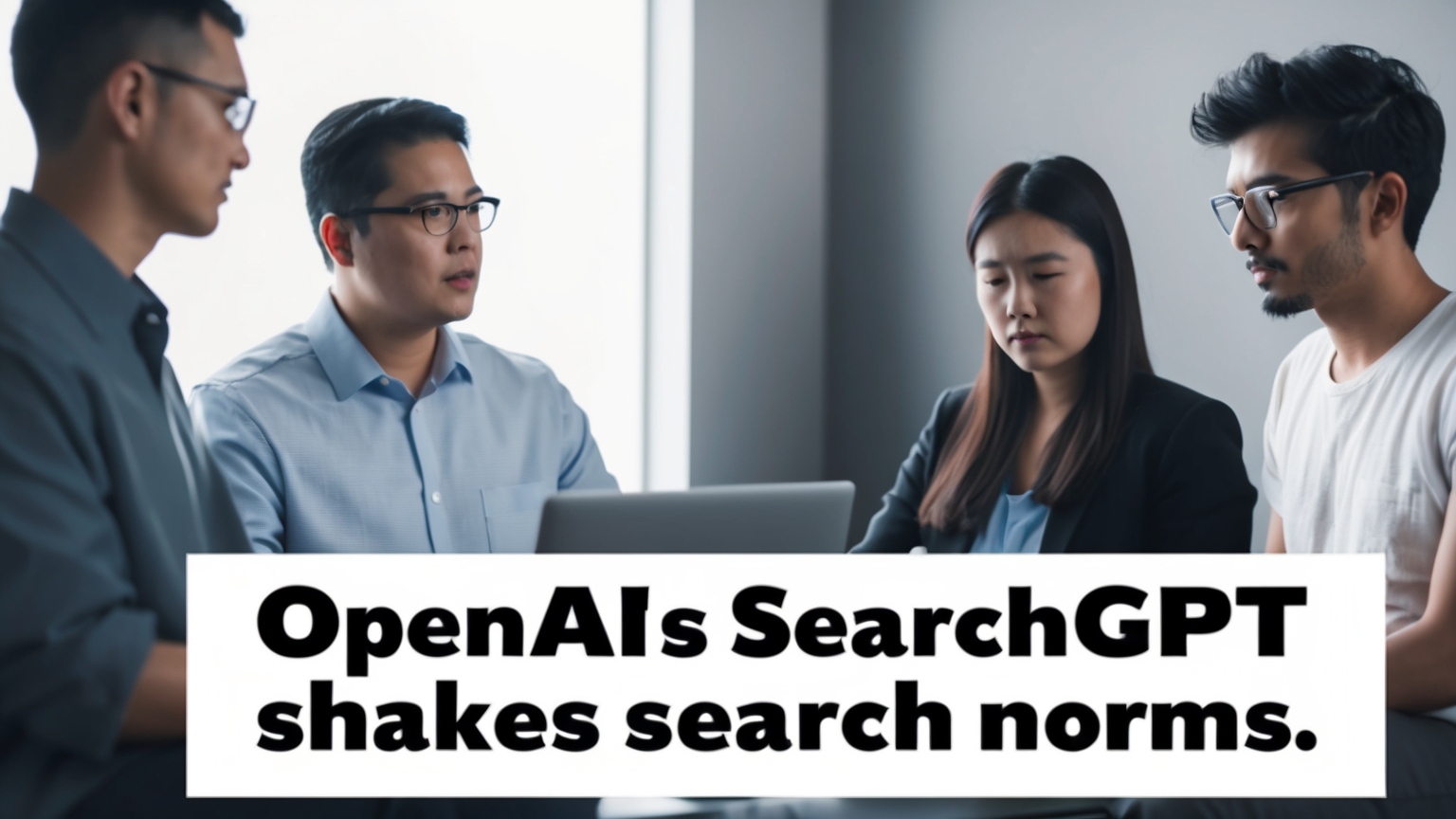OpenAI Declares War on Google With New Search Engine That Promises to Actually Let You Find Stuff
In a bold move that instantly sent Google’s execs scrambling for their stress balls, OpenAI has unveiled their latest weapon of mass distraction: SearchGPT. Apparently, this new AI-powered search engine promises to combine the efficiency of AI models with the boundless and often weird wisdom of the internet. According to OpenAI, this is just the kind of earth-shattering event that could reshape the world as we know it, provided you can actually join the exclusive club of 10,000 test users.
“SearchGPT is revolutionary,” declared Dr. I.M. Futurist, Chief Imagination Officer at OpenAI. “No longer will you need to sift through 37 pages of outdated blogs to confirm the benefits of lemon water. We’ll give you all the nonsense you need in a succinct summary with proper sources, just so you can argue with your conspiracy-enthusiast uncle at Thanksgiving.”
The announcement has already sparked a frenzy online, with eager users rushing to log into their ChatGPT accounts, praying to the AI gods that they might make it off the waitlist. “This is worse than trying to get Taylor Swift concert tickets,” grumbled one optimistic AI enthusiast. “And she has a snake army! Why does an AI need a waitlist? Just compute more seats or something.”
Rumors abound that SearchGPT could disrupt the long-standing Google monopoly, challenging the very fabric of our collective search assumptions. “It’s about time someone came in to shake things up,” remarked Hannibal Searcher, a historian of obscure information often lost in the depths of the web. “Maybe now I’ll be able to actually find that niche 1980s sci-fi show I vaguely remember watching.”
As we sit on the brink of this new search era, some are left to ponder the existential implications. Will this mark the end of SEO as we know it? Can Google handle the heat? And most importantly, will we finally know how often is too often to water succulents?
Meanwhile, OpenAI has assured users of its commitment to data privacy—whatever that has traditionally meant. You’ve got to hand it to them though; in the age of AI, even your search engine might just ask how your day was and if you’ve drunk enough water.
In the words of a very confused intern at Google, “Guess it’s time for us to finally use Bing… Oh, wait, is that still a thing?” The battlefield for search dominance just got a new contender, and we are all in it for the lolz.





